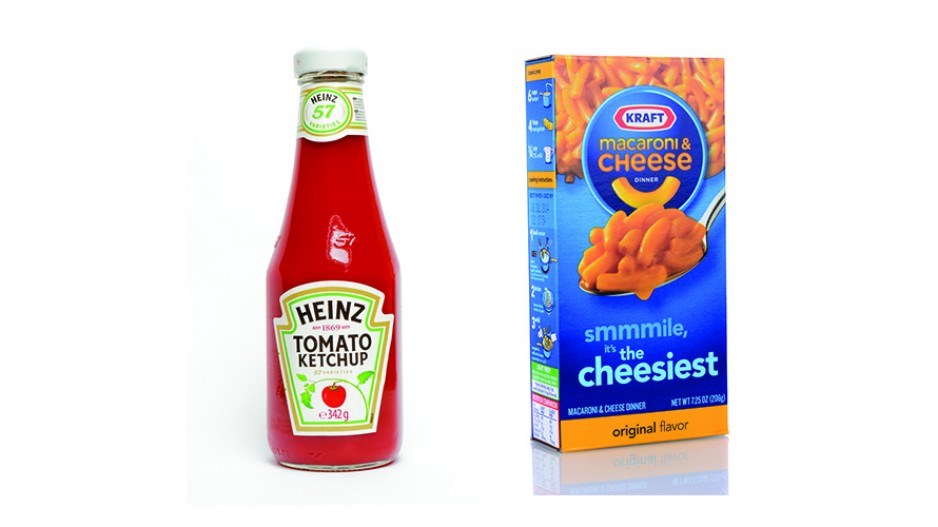There may have been lots of news out there this past week, but every media outlet was dominated by the deliberate crash of a Germanwings plane travelling from Barcelona to Dusseldorf and killing 150 people. The news raises two business issues. The first is how employers, in this case airlines, screen employees for fitness to do the job. The U.S. Federal Aviation Authority shed some light on this in a Q&A quoted by The Guardian. In the U.S. pilots are required to pass a medical exam, which includes questions about their psychological condition, once every six or 12 months, depending on their age.
A second issue is how does an executive deal with the fallout from the actions of an employee like Germanwings co-pilot. One thing not to do is get defensive, according to Quartz which looks at some previous CEO faux pas.
The Germanwings disaster involved loss of life. But what about when the damage is loss of money due to inappropriate or reckless actions by employees, including management? That happened many times in the economic meltdown of 2008. Yet when companies are fined for those actions, it’s the shareholders that pay those fines, not the perpetrators of the bad behaviour. In fact, according to a New York Times article, there is an incentive for managers to take risks that could make the company money, even if there could be potential fallout, because the people taking the risk aren’t the ones paying for the fallout. It’s called a perverse incentive.
Shareholders of Citigroup seek to change that through a resolution asking that Citigroup executives be required to put part of their salary into a fund for 10 years so there would be money to pay for their misdeeds if any, which would take years to discover. In July, Citigroup agreed to pay $7 billion for mortgage improprieties.
The resolution, even if passed wouldn’t be binding, so would likely have no effect.
Speaking of unlikely events, Kodak keeps chugging along. But it knows, luckily, that the film industry is not where the future lies. Instead it now has 300 scientists looking at nanoparticle wonder inks, cheap sensors to determine whether a packaged product has gone bad and cheaper touch screens for phones.
A cheap - $50 – portable device is making its way into North Korea, and could open up the world to North Koreans. The “notel” as it’s called, is small and can be easily smuggled into the country. Apparently North Koreans are sharing movies and news programs through DVDs and USB sticks that they wouldn’t otherwise see.
In bigger news, H.J. Heinz Company is set to merge with Kraft Foods Group in a $46 billion US deal. But the two companies weren’t always this big. NPR has a great story about the history of the two companies (and one of the founders has Canadian roots).




